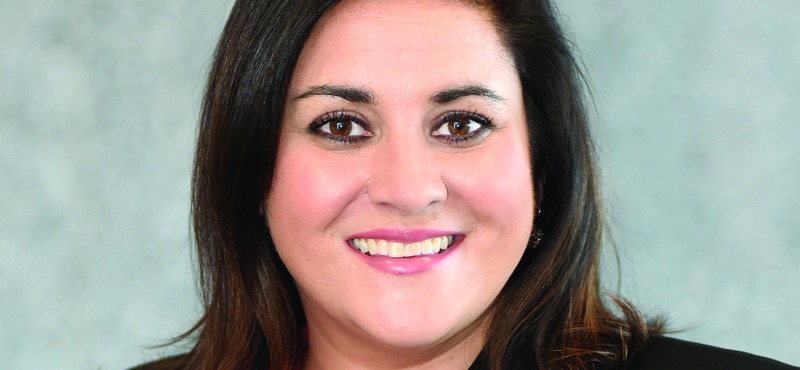“You either hate family law or you love it—and if you hate it you probably shouldn’t be doing it! People who gravitate toward family law tend to be natural listeners and natural problem solvers. I like to listen to people’s issues and create solutions for them, and it’s always rewarding when they work.”
Raza began her career practicing traditional family law with a litigation component and had some rewarding courtroom victories, but she found her calling in the practice of collaborative family law—which does not involve litigation—after attending an informational session held by the local collaborative family law association.
“I went and listened and thought it was fantastic. It required some training, so I joined the association and was fortunate to get cases. It’s a nice and very different change of pace from court and it’s a better way to get divorced, if you’re suited for the process,” she says. “Collaborative divorce usually draws people who are committed to figuring things out for themselves and committed to keeping their relationship intact down the road for co-parenting reasons. You create your own agreement and get 100-percent input into what life is going to look like for you financially and for your kids, whereas, if you’re in court and you can’t settle things, a judge will decide what is best for your family and your kids. It’s much better than court in my opinion.”
In addition to winning St. Louis’ collaborative law: family law “Lawyer of the Year” award for 2017, Raza has been listed with Best Lawyers in this practice area since 2014, is a certified mediator through the Washington University School of Social Work, and a graduate of the ABA Family Law Trial Advocacy Institute.
















